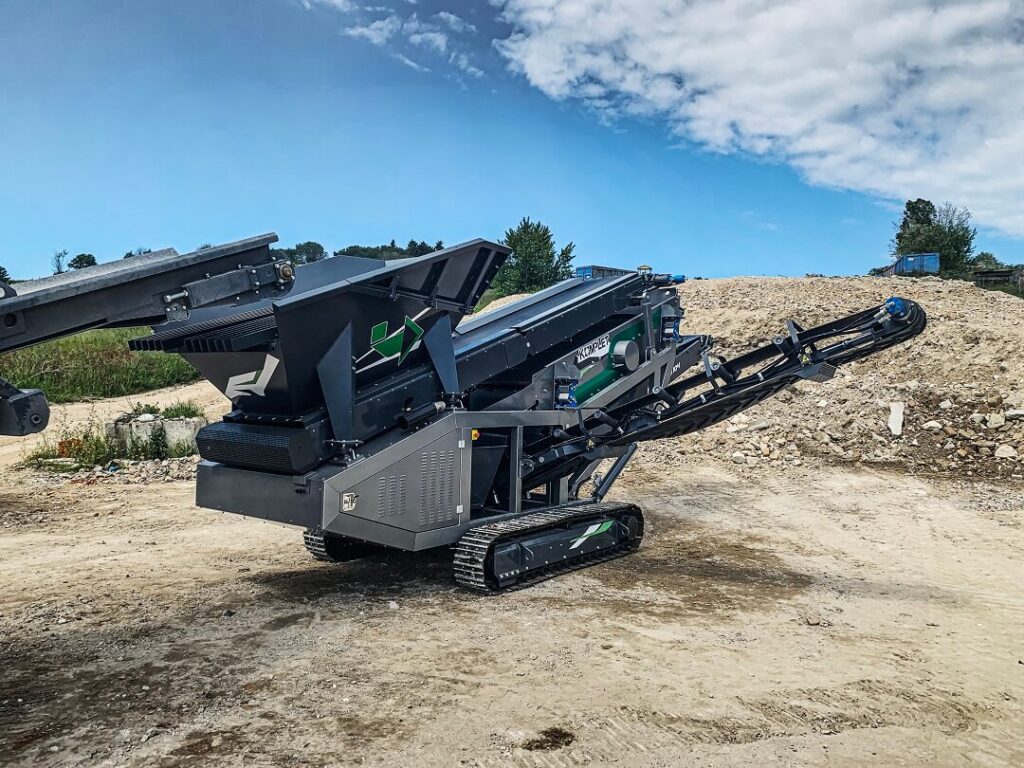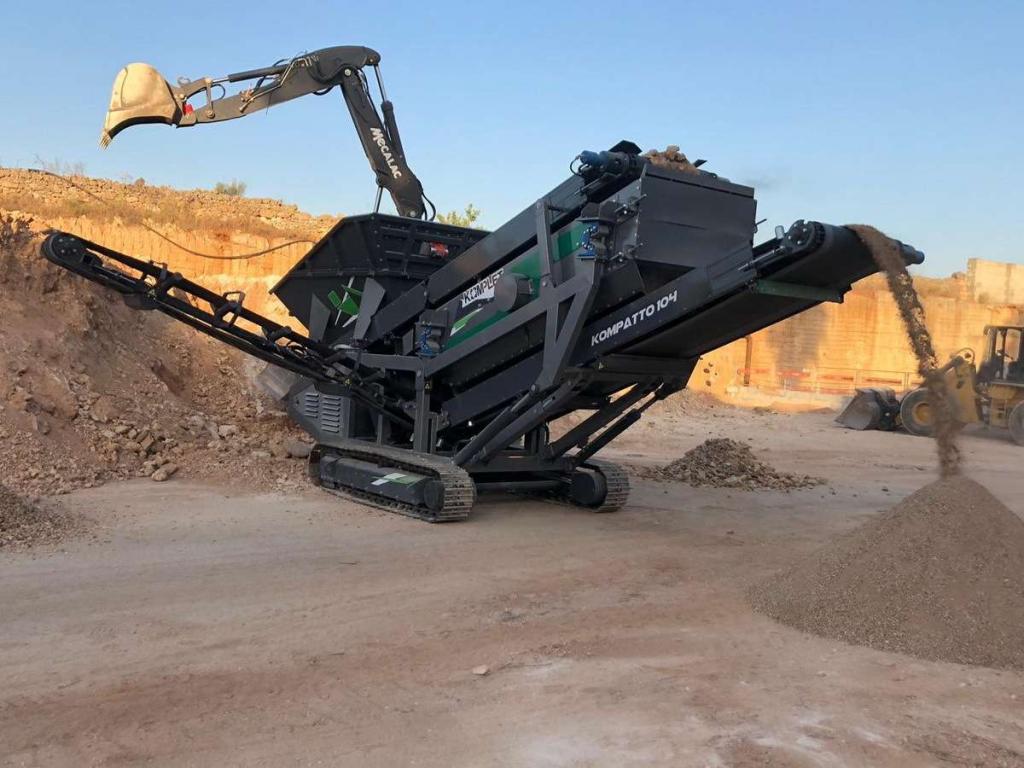Recycling is a crucial component of modern waste management, contributing to environmental conservation and resource efficiency. Industrial screener play a vital role in optimizing recycling operations by separating materials accurately and efficiently. This blog post will explore tips and strategies for using industrial screeners to enhance your recycling processes, ensuring improved productivity and better material quality.
The Importance of Industrial Screeners in Recycling
Industrial screeners are essential equipment in recycling facilities. They are used to sort and separate materials based on size, shape, and density, ensuring that recyclable materials are processed effectively. By optimizing the screening process, recycling operations can achieve higher efficiency, reduced waste, and improved product quality.
Benefits of Using Industrial Screeners
- Enhanced Efficiency: Industrial screeners streamline the separation process, allowing for quicker and more accurate sorting of materials. This efficiency reduces the time and labor required for manual sorting, leading to increased productivity.
- Improved Material Quality: Accurate screening ensures that contaminants are removed, resulting in higher-quality recycled materials. This quality improvement enhances the value of the recycled products and their usability in various applications.
- Cost Reduction: By optimizing the recycling process, industrial screeners help reduce operational costs. Efficient separation minimizes the need for additional processing and reduces energy consumption.
- Environmental Benefits: Efficient recycling processes contribute to environmental conservation by reducing waste sent to landfills and decreasing the need for virgin materials.
Tips and Strategies for Optimizing Recycling Operations with Industrial Screeners
To fully leverage the benefits of industrial screeners, it’s essential to implement best practices and strategies tailored to your specific recycling needs.
1. Choose the Right Type of Screener
Different recycling operations require different types of screeners. The choice of screener depends on the materials being processed and the desired end product. Common types of industrial screeners include:
- Vibrating Screeners: Ideal for fine material separation and high-capacity operations.
- Rotary Screeners: Suitable for handling large volumes of material and effective at removing oversize particles.
- Trommel Screeners: Perfect for sorting materials based on size and shape, commonly used in composting and waste management.
2. Regular Maintenance and Calibration
Regular maintenance and calibration are crucial to ensuring the optimal performance of industrial screeners. Regularly inspect the screeners for wear and tear, clean the screens to prevent clogging, and calibrate the equipment to maintain accuracy. Scheduled maintenance minimizes downtime and extends the lifespan of the screeners.
3. Optimize Screen Size and Mesh
Selecting the appropriate screen size and mesh is vital for efficient material separation. The screen size should match the size of the materials being processed, and the mesh should be fine enough to separate unwanted particles without obstructing the flow of materials. Experiment with different screen sizes and mesh configurations to find the optimal setup for your recycling operation.

4. Implement Automated Systems
Integrating automated systems with industrial screeners can significantly enhance efficiency. Automated systems can control the feeding rate, monitor material flow, and adjust screen settings in real-time. This automation reduces the need for manual intervention and ensures consistent and accurate screening.
5. Train Your Staff
Proper training is essential for the effective operation of industrial screeners. Ensure that your staff is well-trained in operating the screeners, conducting regular maintenance, and troubleshooting common issues. Skilled operators can maximize the efficiency of the screeners and quickly address any operational challenges.
6. Monitor and Analyze Performance
Regularly monitor and analyze the performance of your industrial screeners. Track key performance indicators (KPIs) such as screening efficiency, throughput, and material quality. Use this data to identify areas for improvement and make data-driven decisions to optimize your recycling processes.
7. Collaborate with Manufacturers
Collaborate with the manufacturers of your industrial screeners to stay updated on the latest advancements and best practices. Manufacturers can provide valuable insights, technical support, and updates on new technologies that can further enhance your recycling operations.
Conclusion
Optimizing your recycling operations with industrial screeners can lead to significant improvements in efficiency, material quality, and cost savings.
By choosing the right type of screener, maintaining and calibrating equipment, implementing automation, and training your staff, you can enhance your recycling processes and contribute to a more sustainable future.
Invest in the best practices and strategies outlined in this guide to maximize the benefits of industrial screener in your recycling facility.

